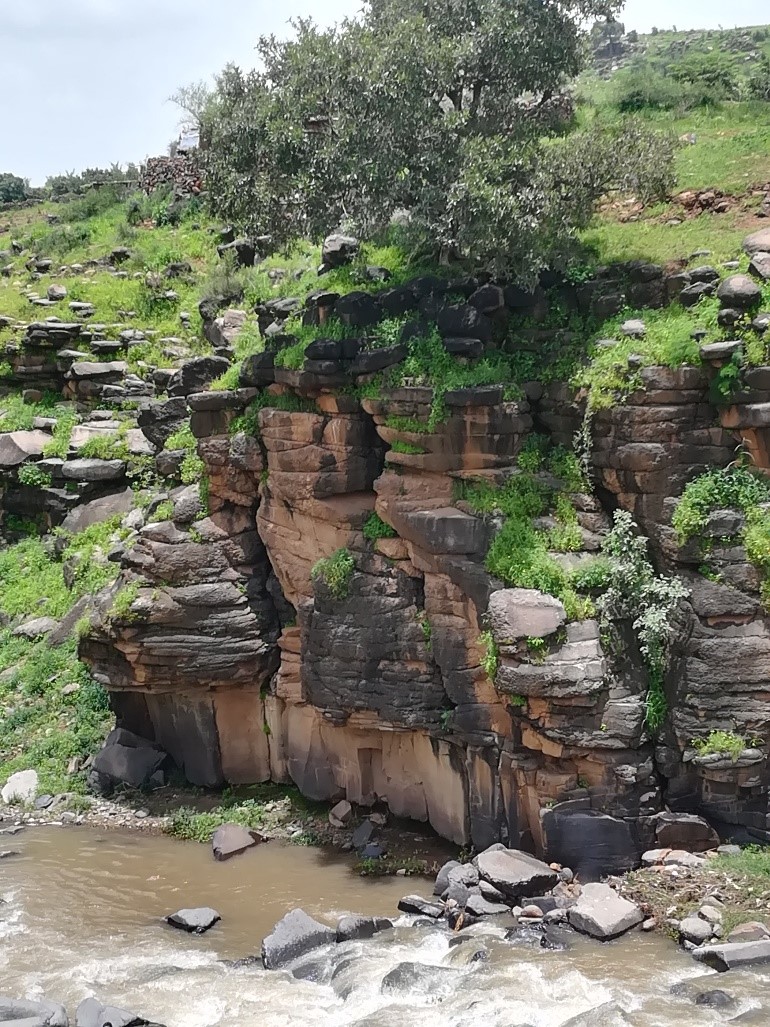
Climate change is expected to continue to affect Sudan’s weather patterns significantly, with observed historical trends including increased rainfall variability, much warmer temperatures, and more frequent droughts. Climate change interacts with other factors influencing peace and security in complex ways, particularly as every state or locality in Sudan is unique in terms of environmental needs and conflict and peace dynamics. These combined effects will disproportionately affect those who are already socially and economically vulnerable, with wide ranging consequences.
Aid workers face difficult challenges in ensuring that aid programming avoids negative interactions with combined conflict, climate and environmental dynamics and instead positively responds to environmental challenges and opportunities to contribute to peace. This analysis provides an overview of these dynamics, and makes practical recommendations for how aid actors can ensure that programming is climate and conflict sensitive and environmentally sustainable.